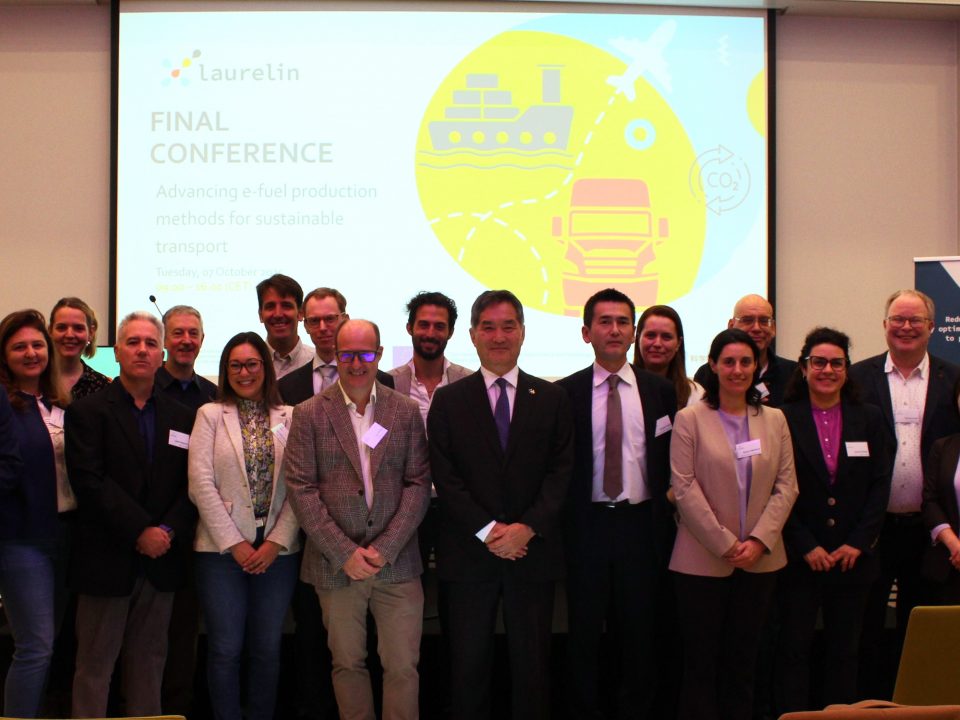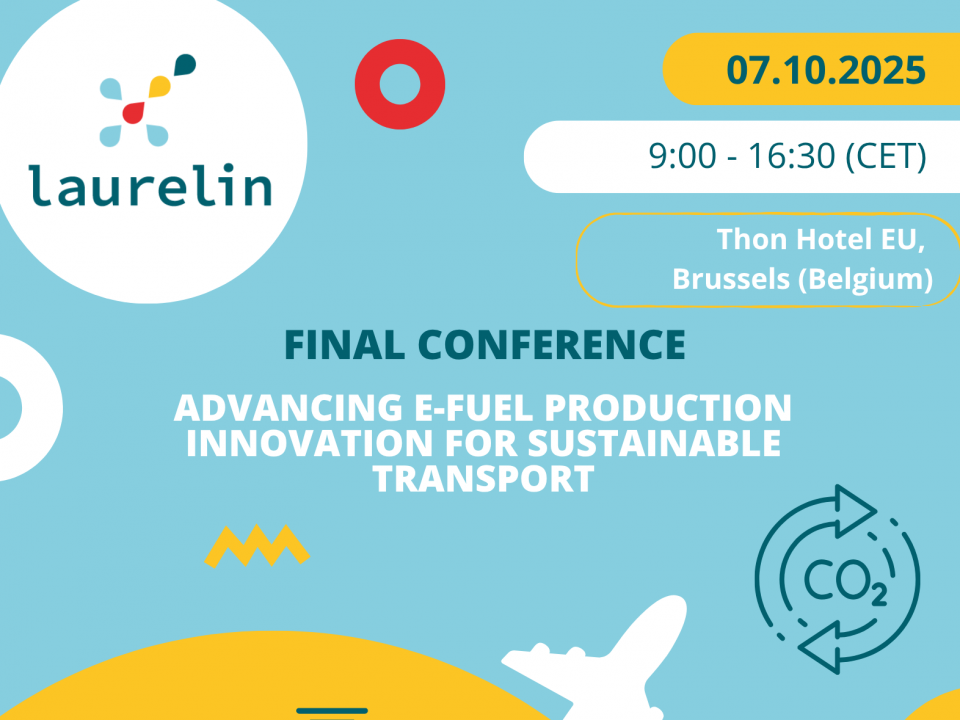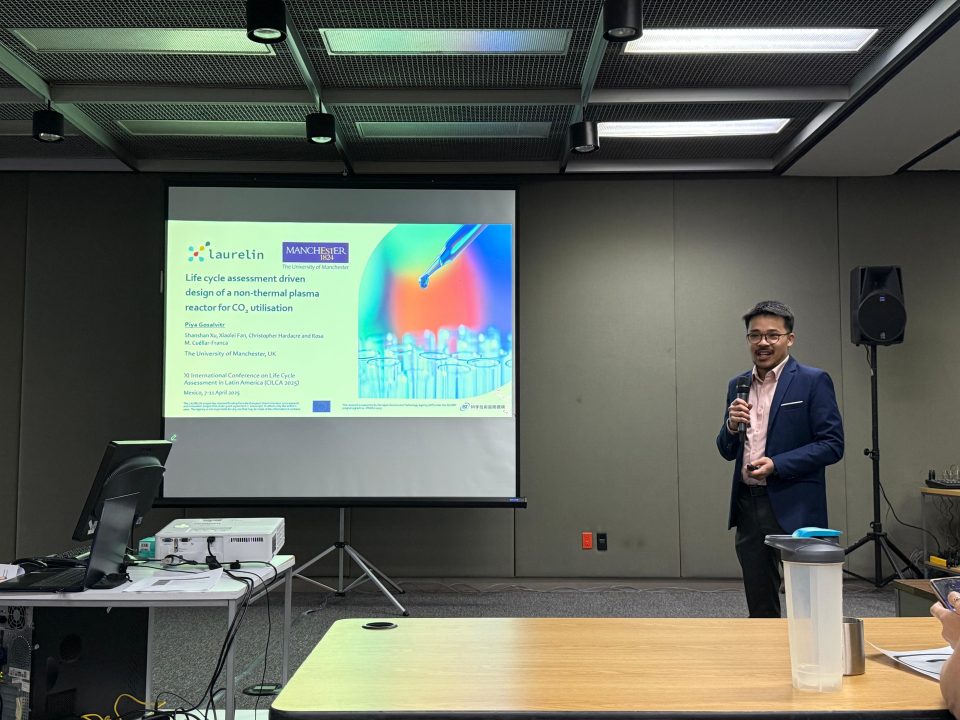One of the European Commission President Ursula von der Leyen’s key promises is “to make the EU the world’s first climate neutral continent by 2050.” Such bold ambitions need to be backed by ground-breaking technologies, like the ones to be investigated by the HORIZON 2020 LAURELIN project. More specifically, LAURELIN aims at accelerating the production of renewable methanol for transport.
Renewable methanol reduces carbon emissions by 65% to 95% depending on the feedstock and conversion process. This is one of the highest potential reductions of any fuel currently being developed. By deploying carbon capture and use (CCU) technologies, the LAURELIN project will help decarbonising sectors such as energy-intensive process industries like cement, lime, chemicals, steel and other metals or transportation (e.g. road, air, maritime).






